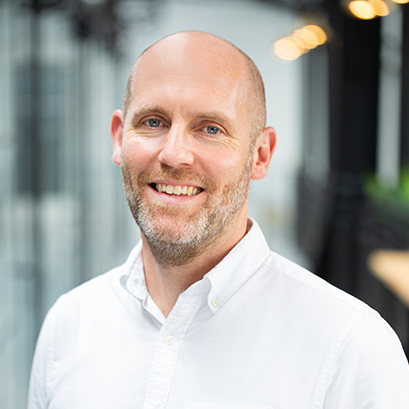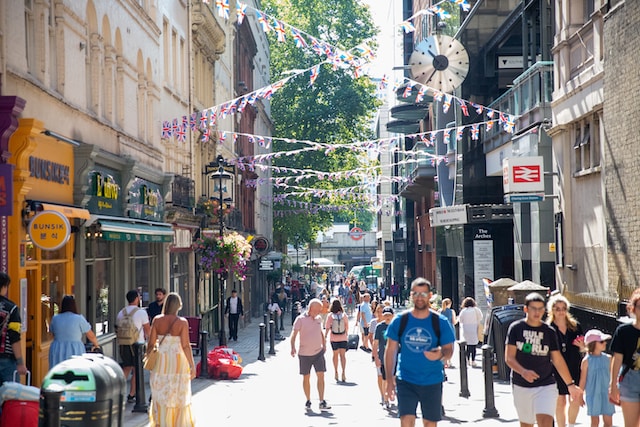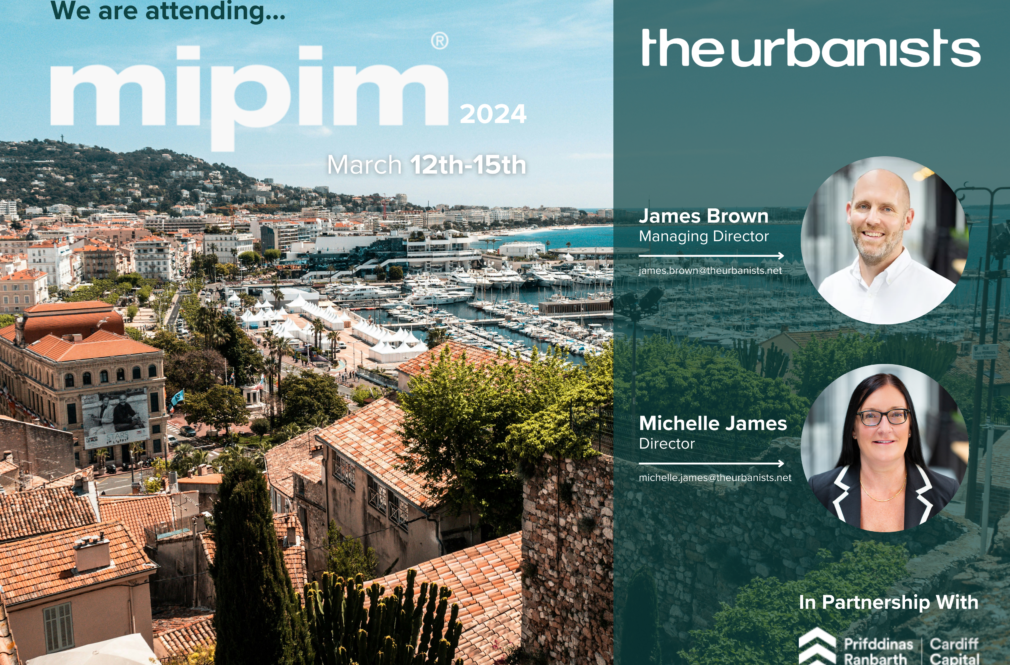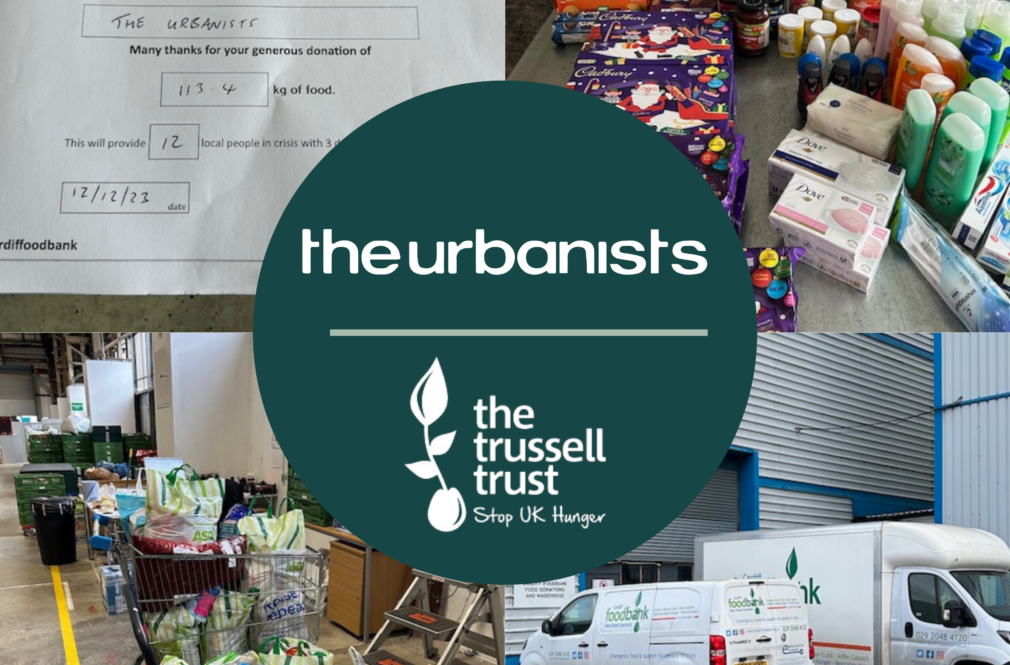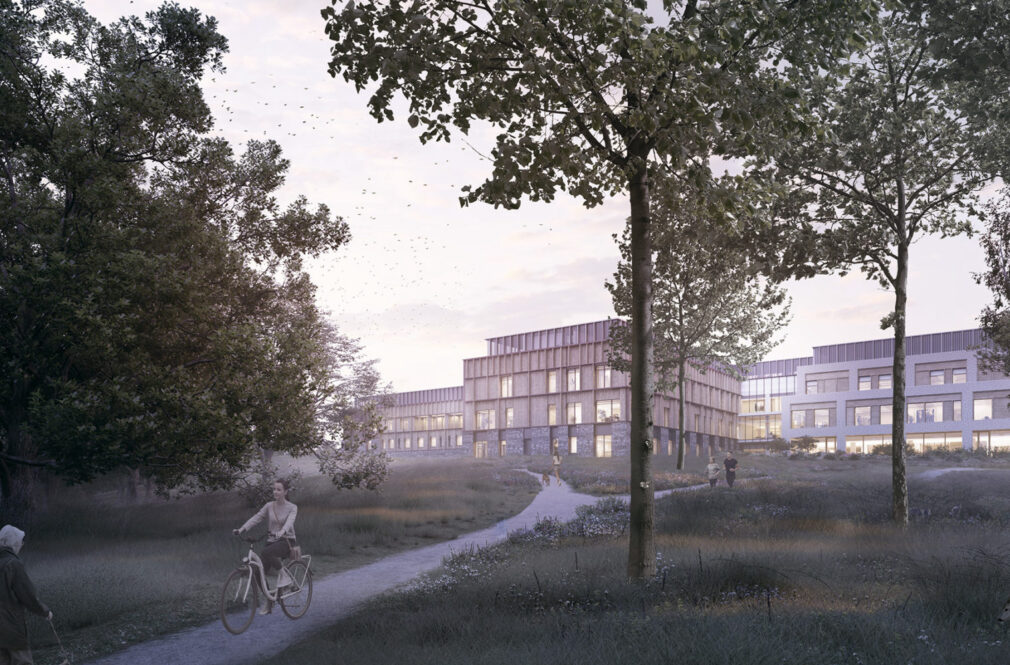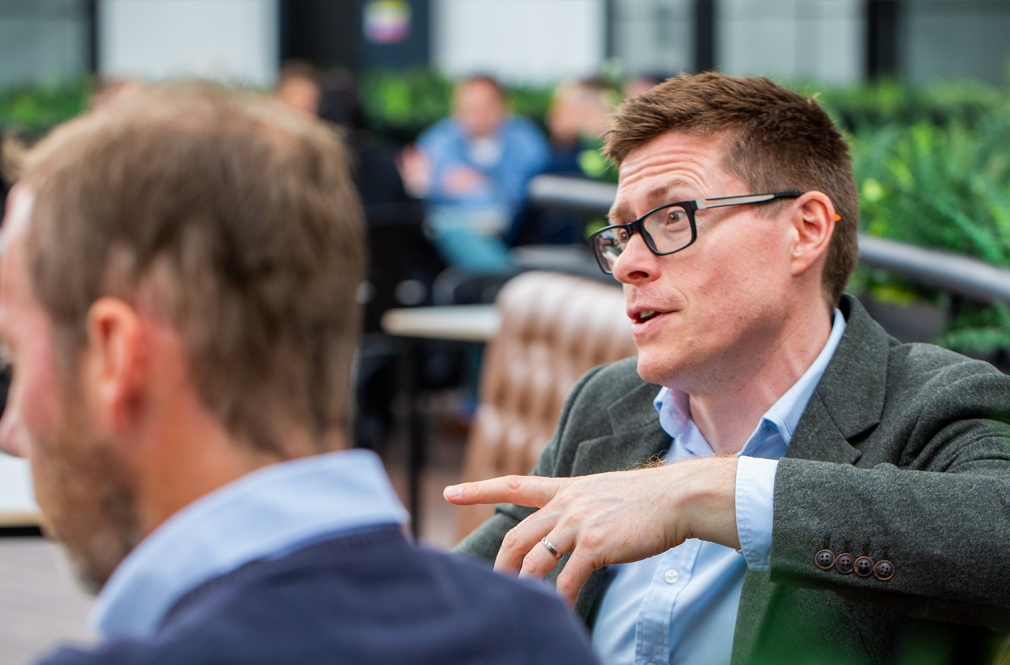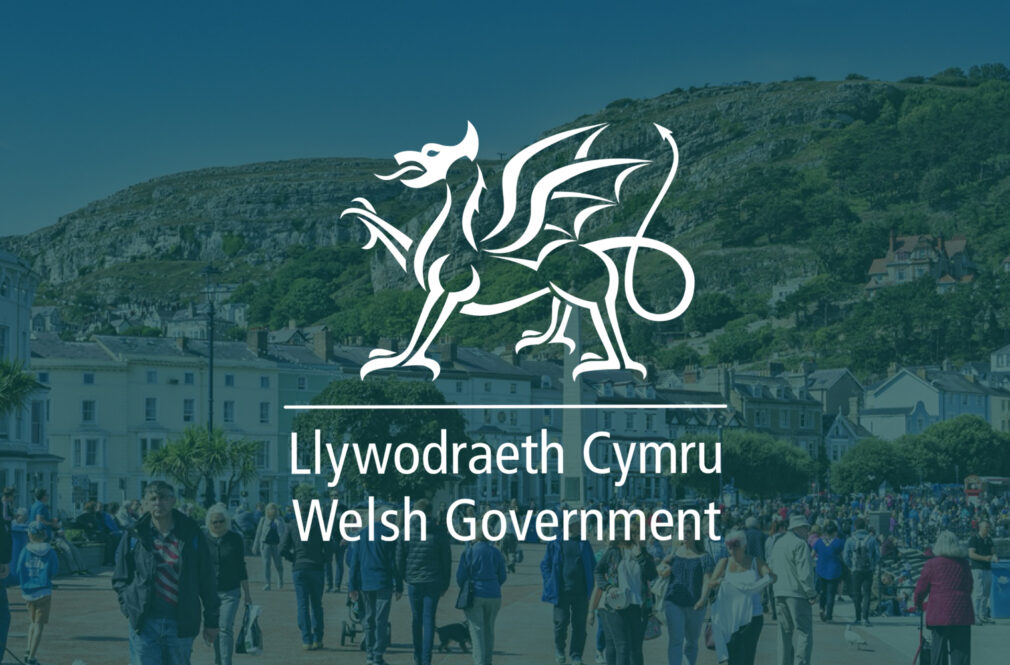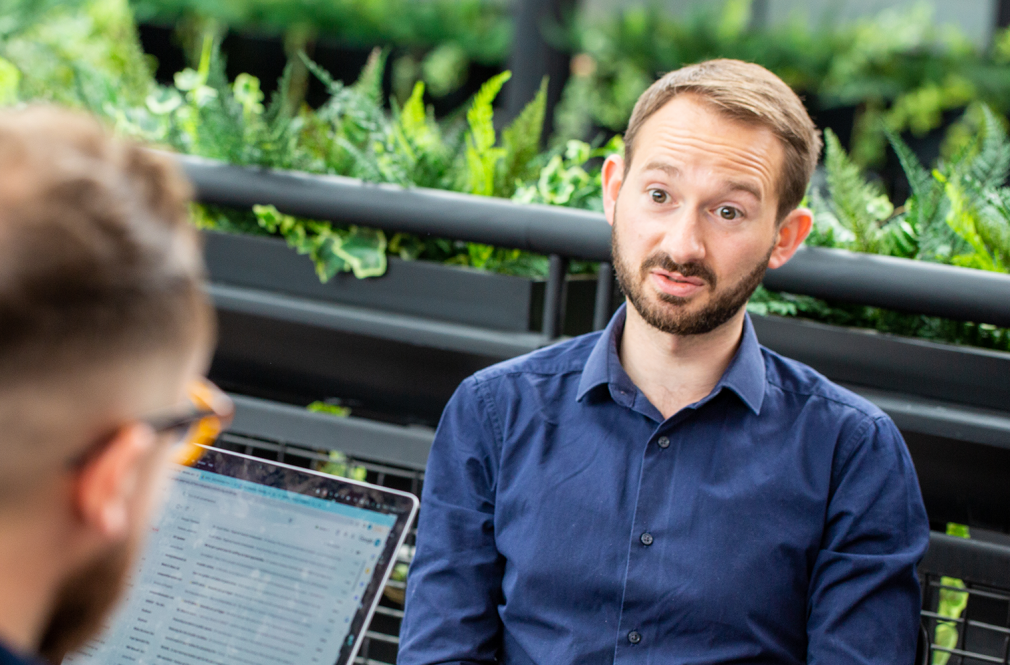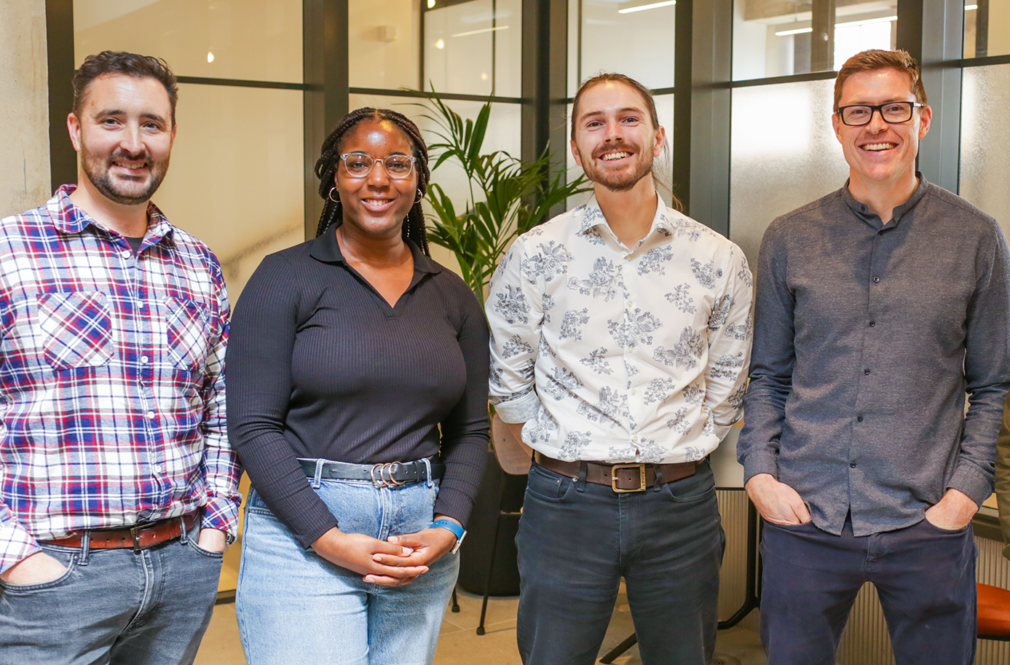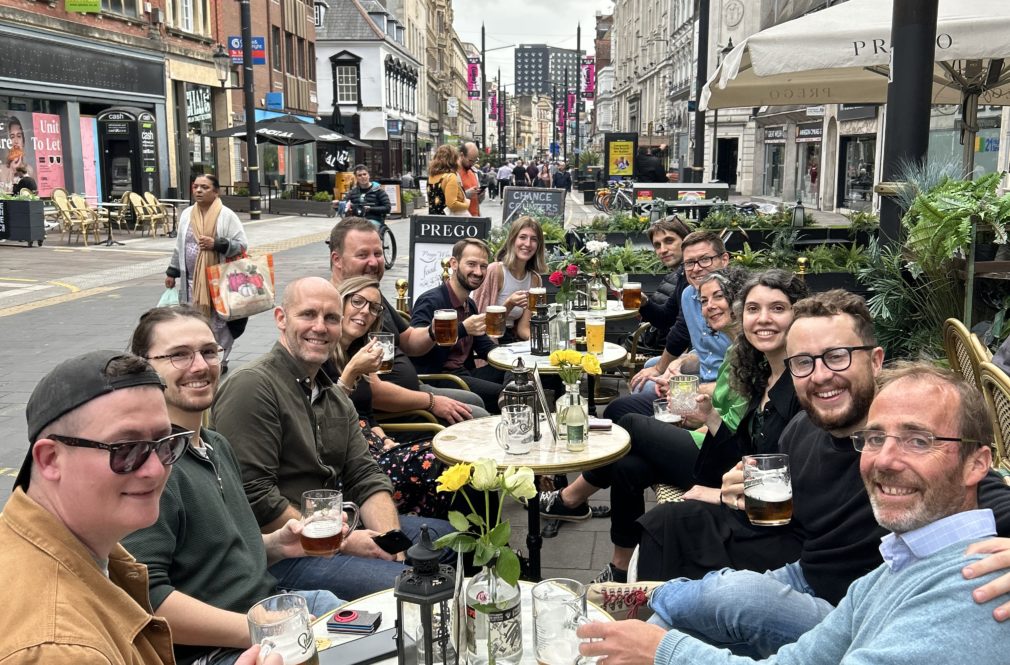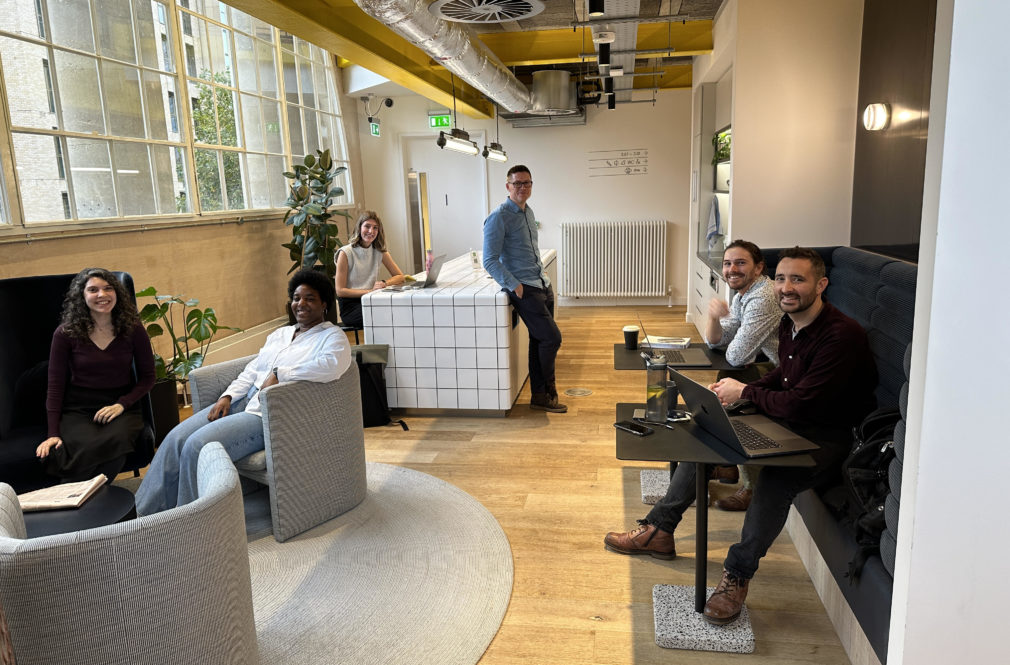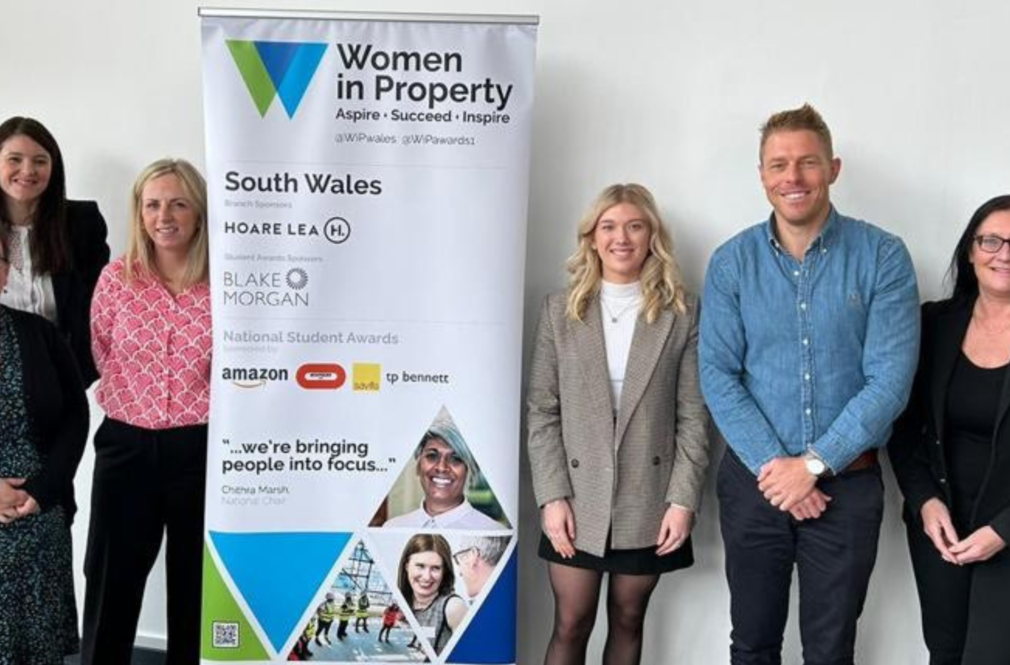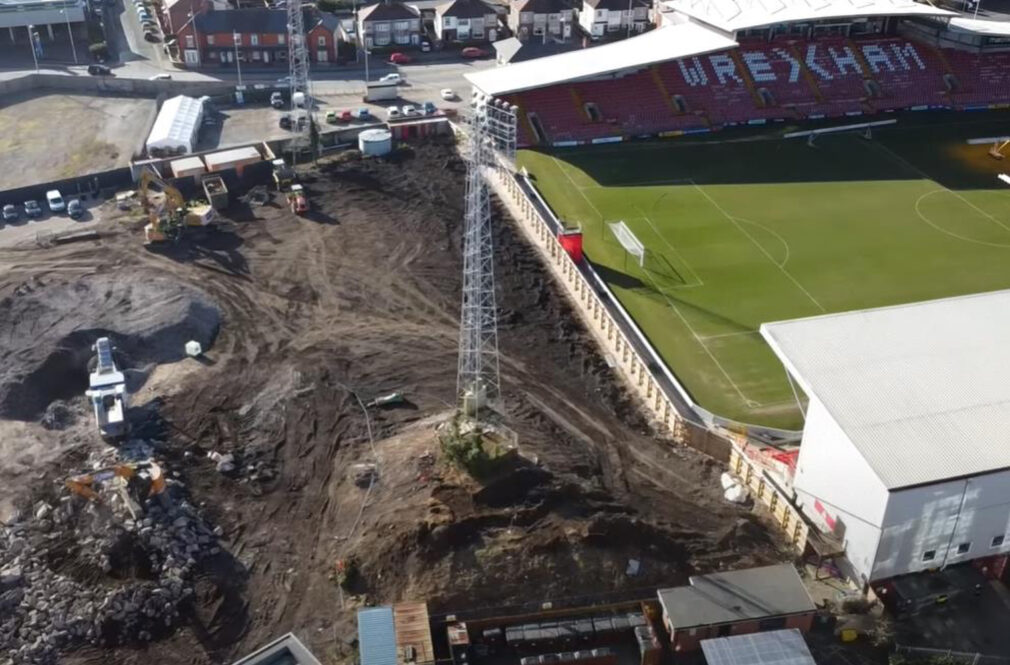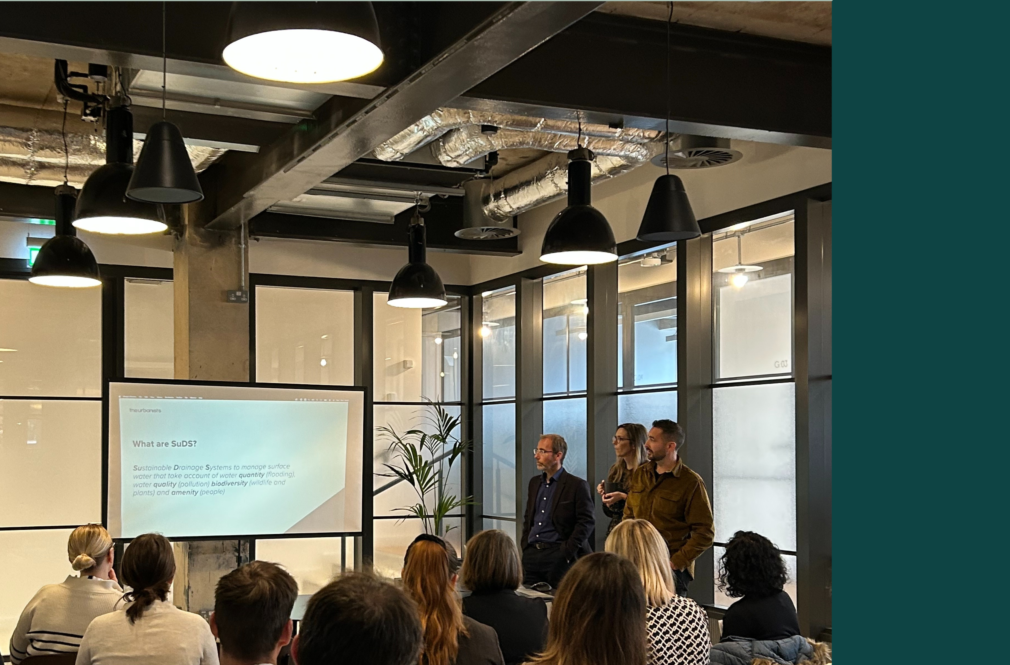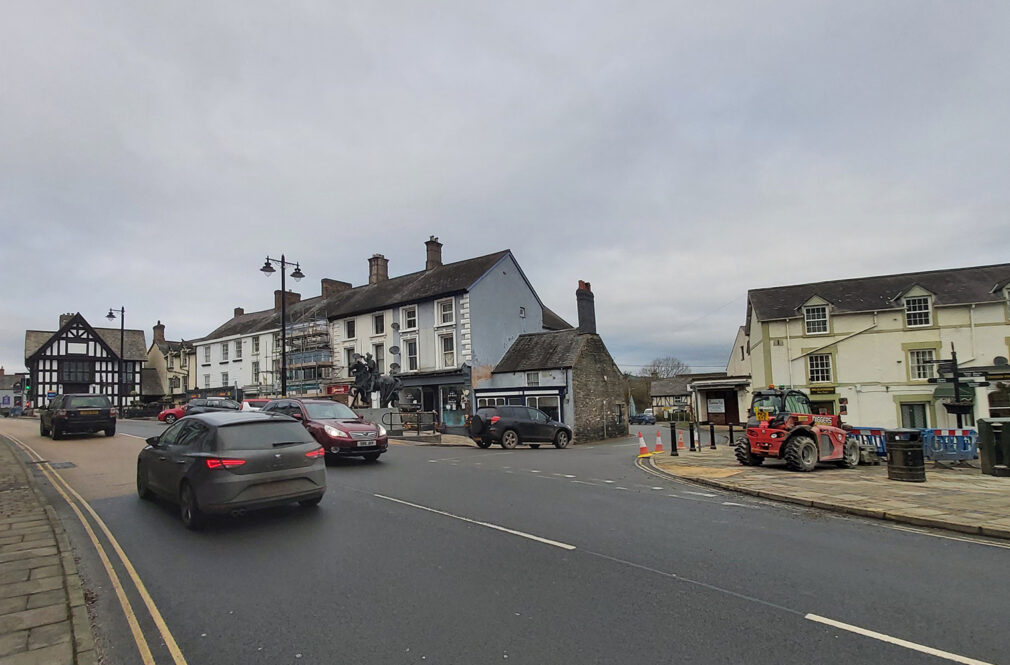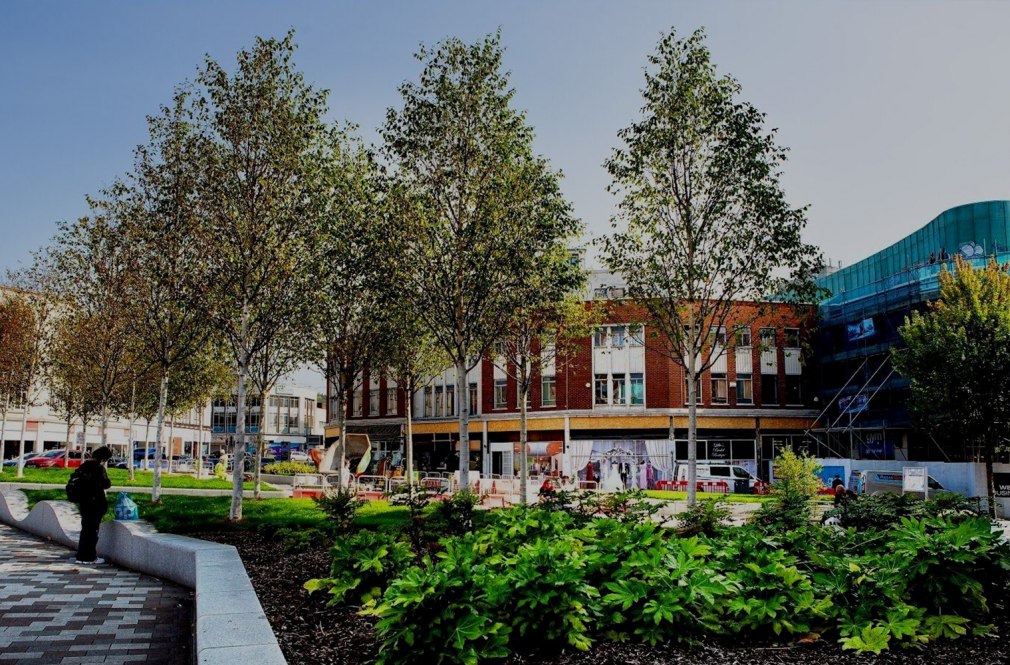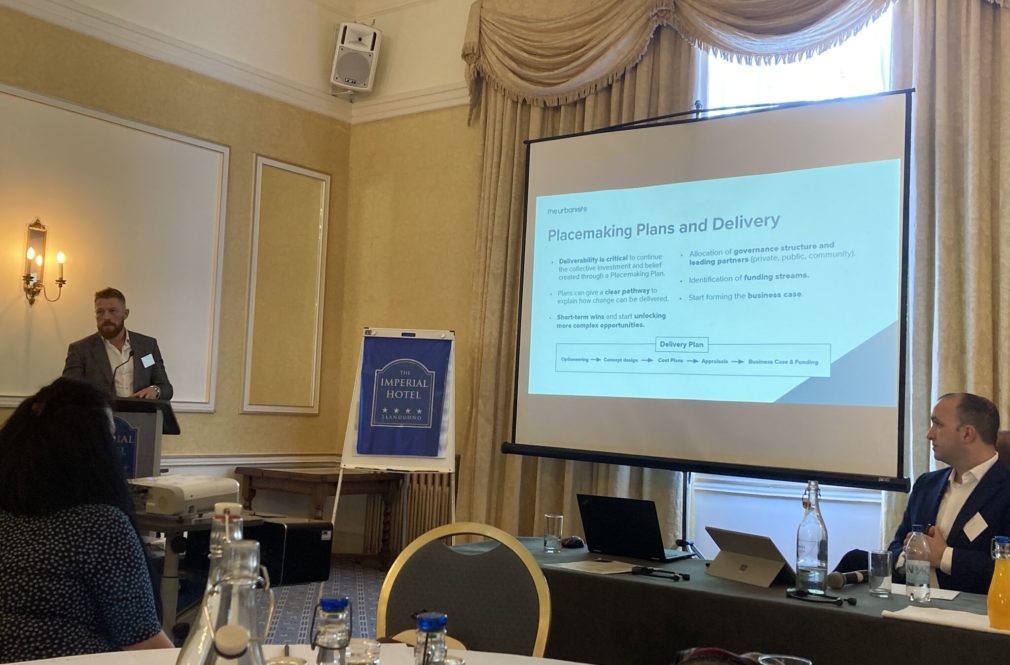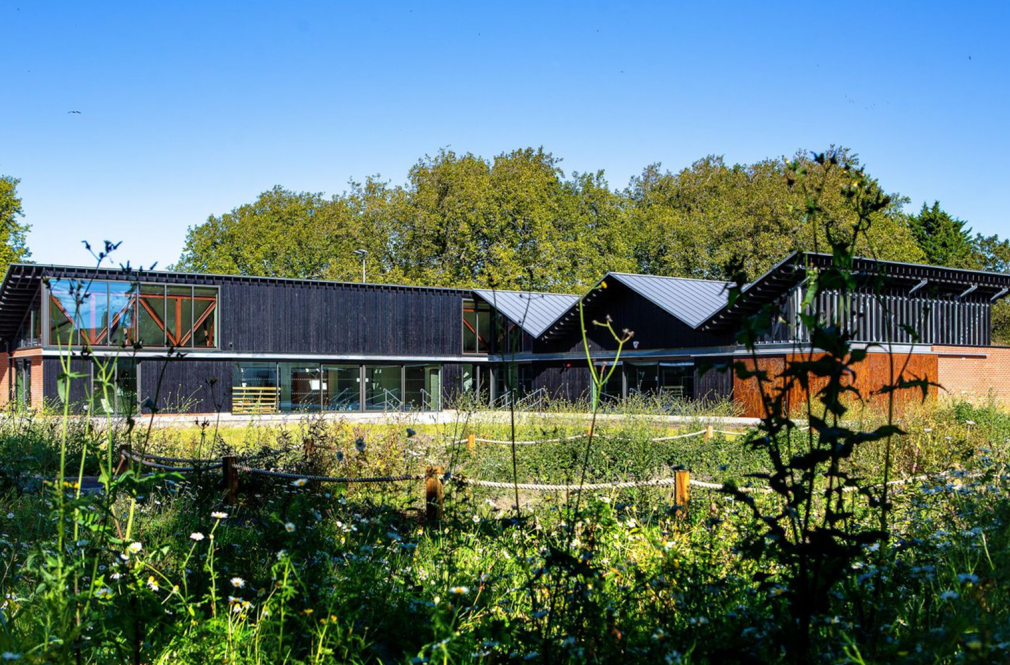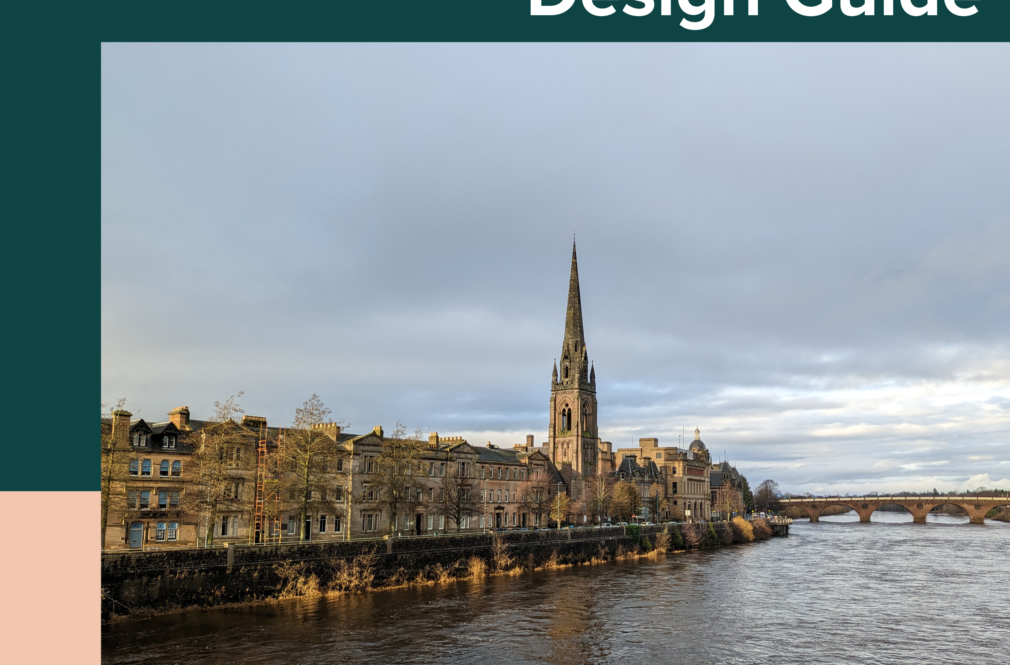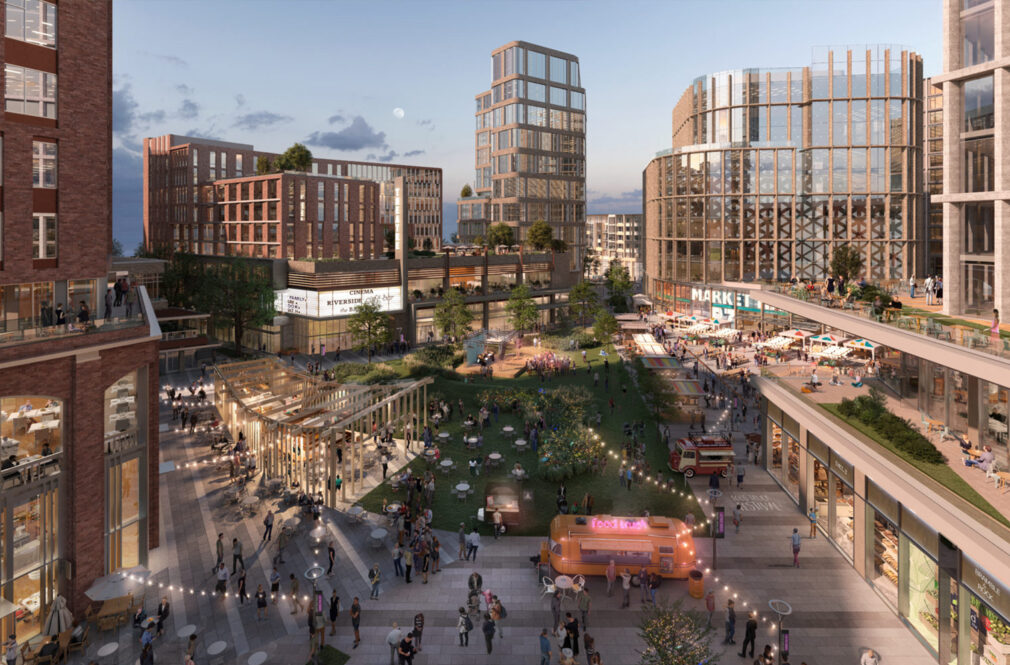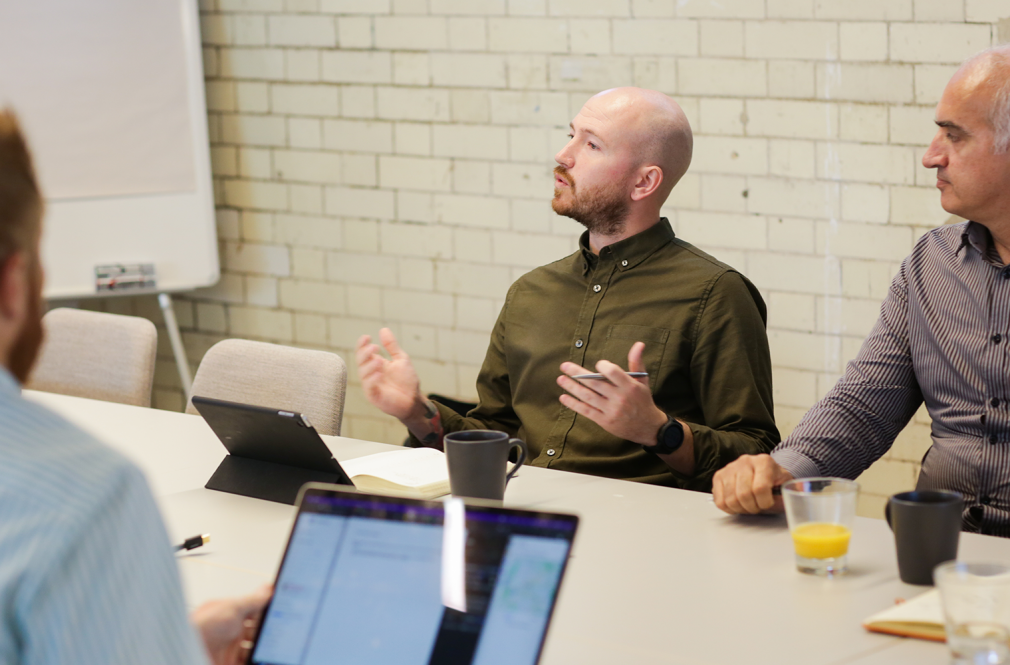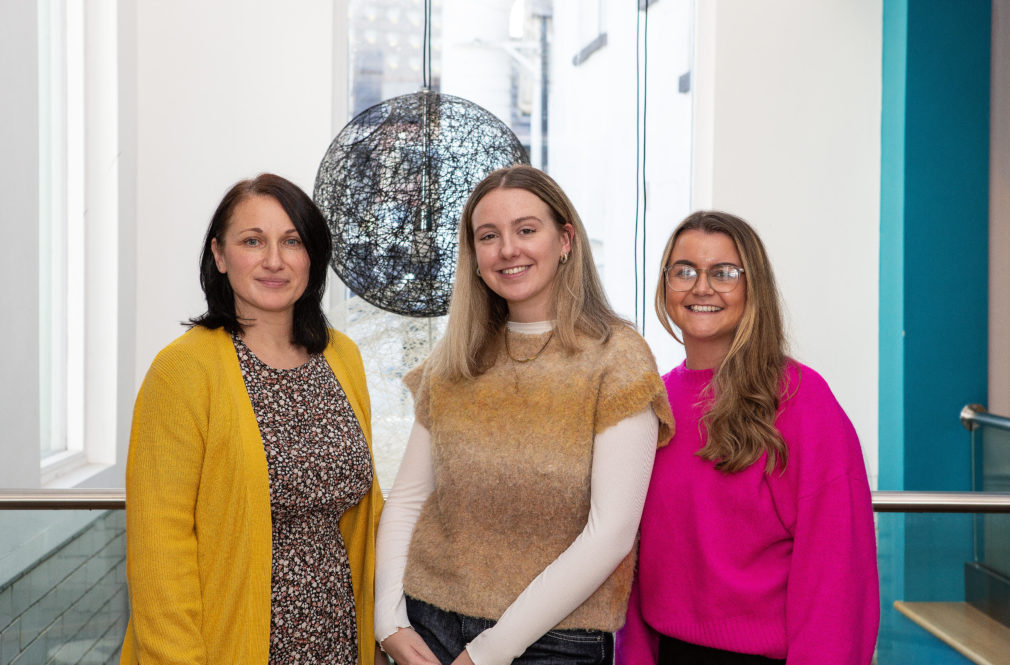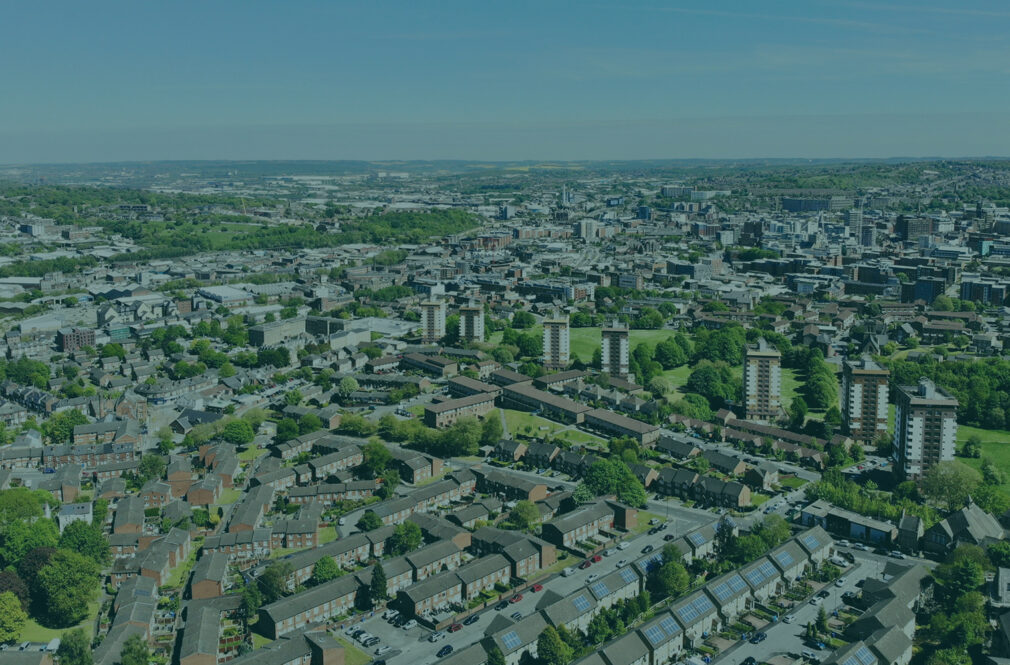15-minute cities – When urban planning became a conspiracy theory
The world has officially gone mad. Now earnest and thoughtful urbanists are the latest to be drawn into the swivel-eyed focus of the conspiracy theorist.
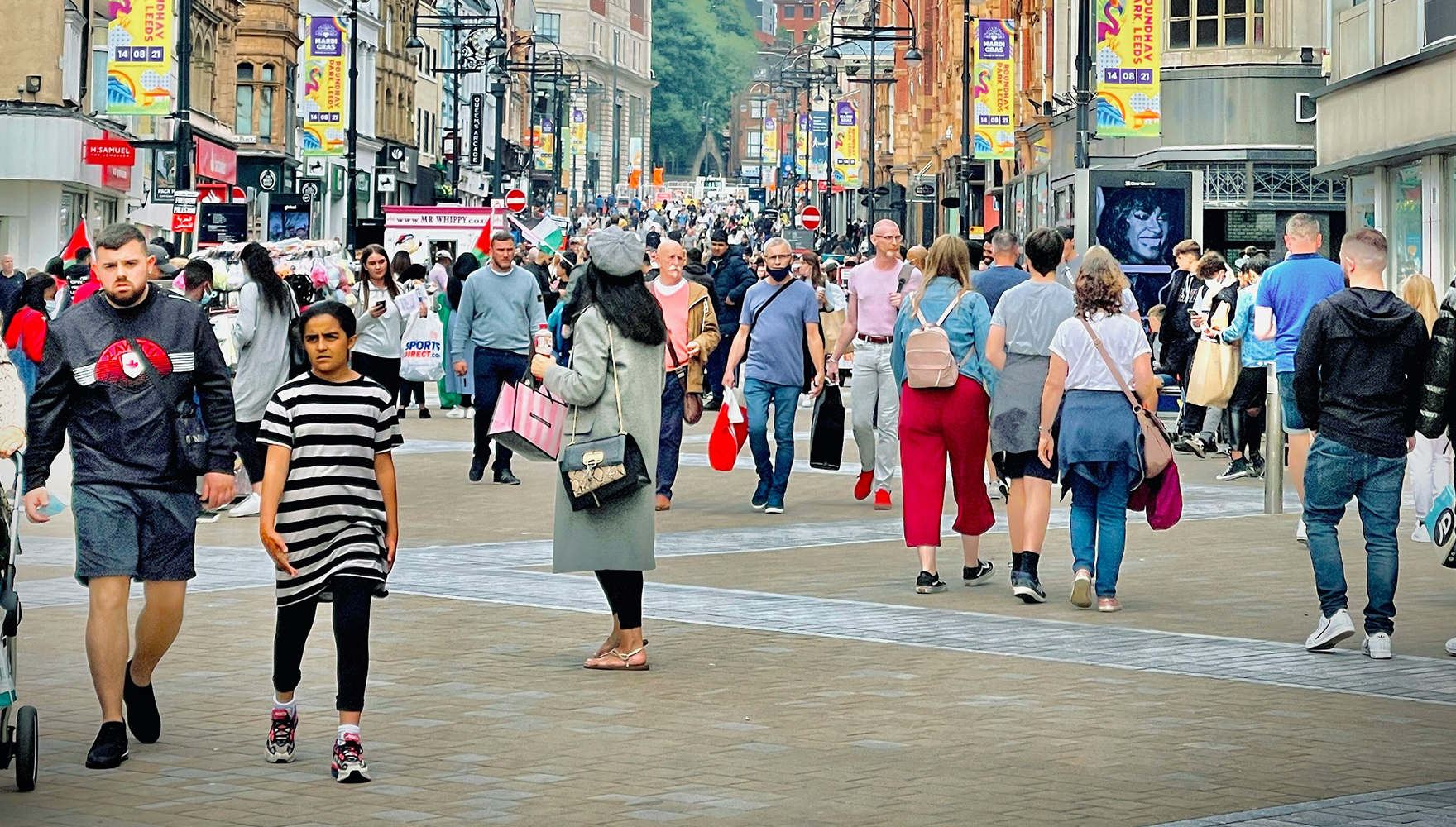
1 – What does “15-minute city” mean?
A 15-minute city is a concept for urban planning in which a person can meet most of their daily needs within a 15-minute walk or bike ride from their home. The idea is to create self-sufficient neighbourhoods that are designed around the needs of the residents, with amenities such as shops, schools, healthcare facilities, parks, and public transportation all located within a short distance. The term itself was first applied to districts of dense cities, Paris especially where the term was first used, but it has increasingly been applied to other cities and urban settlements.
2 – Isn’t that just normal urban life?
Not quite. Normal urban living will still involve people living in a city or an inner city neighbourhood to travel to different locations for work, entertainment, and other activities. This often involves commuting long distances by car, bus, or train, and spending a significant amount of time and money on transportation.
The 15 minute city concept is to create more compact and connected neighbourhoods than we currently have, even in our most urban places to promote sustainability, improve public health, and reduce carbon emissions.
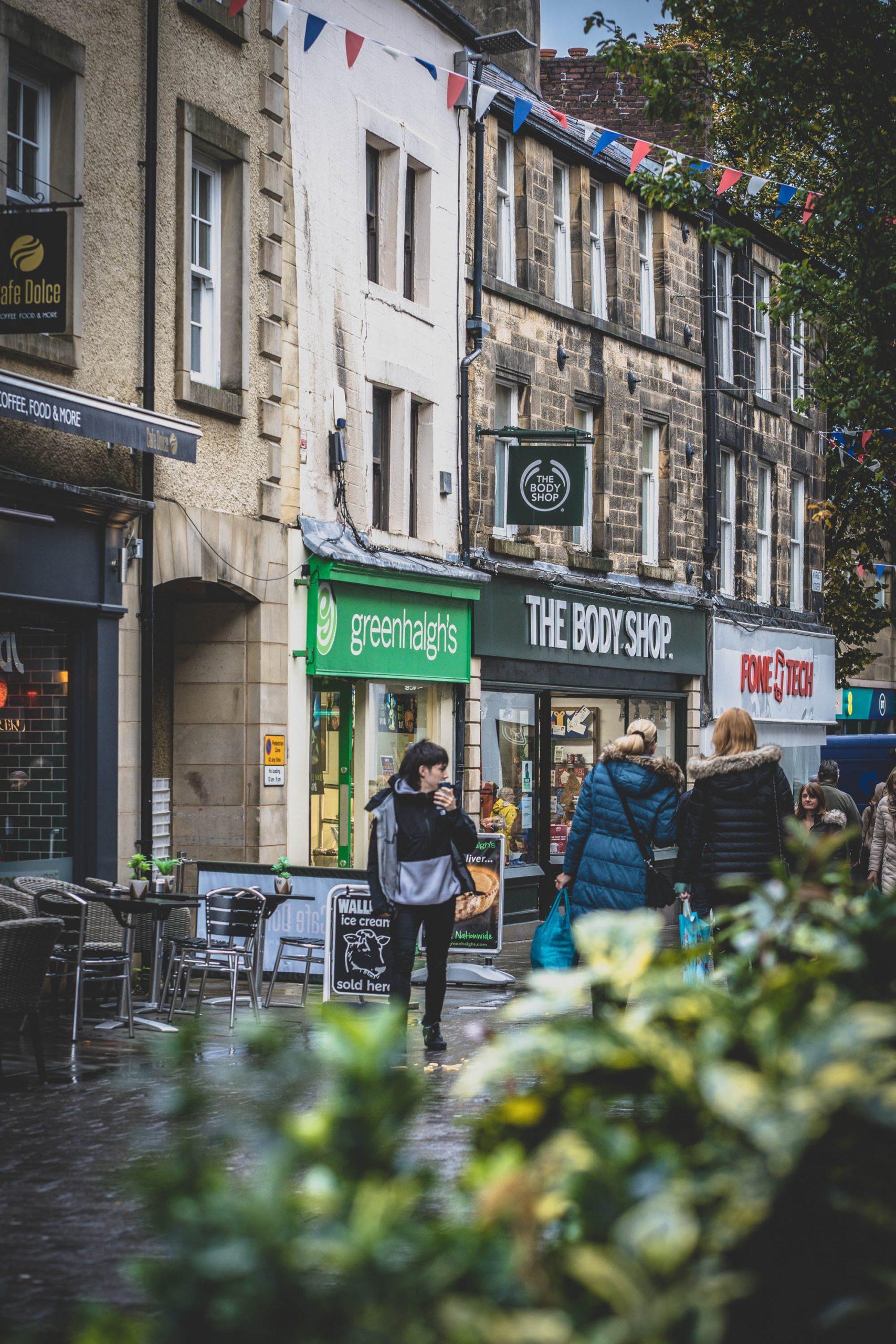
3 – How does this apply to smaller towns and rural areas?
In smaller towns and villages, the 15-minute city concept can be adapted to suit the local context and scale. Creating compact, mixed-use neighborhoods that are designed to be pedestrian-friendly, with well-connected streets and pathways that encourage walking and cycling is not exclusive to Cities.
One way to apply the 15-minute city concept in smaller towns and villages is to focus on creating vibrant town centres or High Streets. This can involve investing in public spaces, such as parks and plazas, and creating a variety of amenities that support community life, such as cafes, restaurants, and community centres. By creating a central hub that is easily accessible by foot or bike, people can meet their daily needs without having to travel long distances.
4 – What would need to change for the UK to have proper 15-minute cities?
As a society we have become addicted to the convenience of private car use and an entire economy has been created which responds to this. For 15 minute settlements to thrive in the UK they simply need to be more attractive than car based options. This can include:
- Mixed use town centres: with less emphasis on retail and greater emphasis on services, homes, facilities, education and leisure would become very attractive in comparison to mono-use retail parks
- Radical investment in infrastructure for public transport and active travel: both need to be made as attractive as using a private car so this involves infrastructure as well as pricing mechanisms.
- Develop with gentle density: We are not talking about ‘town cramming’ but retrofitting and building new places with increased residential density where commercial uses, community uses and public transport become far more commercially viable than in lower density car-based sprawl
- Prioritize green spaces: The pandemic showed us how important our greenspaces are to us. So we need to create more green spaces, public parks and green active travel routes to provide residents with opportunities to relax, move safely and connect with nature.
To create proper 15-minute cities, towns and villages in the UK, there would need to be significant changes in urban planning, transport pricing and infrastructure that would ‘nudge’ society towards places where facilities are closer and convenient.
5 – A small number of critics say citizens will be forced to spend all their time in small neighbourhoods. Or that cars could be banned? Or other restrictions on freedom. Is this part of 15-minute city thinking?
It’s certainly not part of the thinking. It’s about choice, not coercion. Having the choice to live in neighbourhoods (in villages, towns or cities) that offer a range of services, less need to travel and greater options for modes of transport is a necessary alternative to those places that are disconnected by anything other than private cars.
However, there are some potential problems much further into the future, such as:
Gentrification and displacement: If certain neighborhoods become more desirable due to their proximity to essential services and amenities, this could drive up property values and make housing less affordable for low-income residents.
Equity and accessibility: While the concept is designed to promote more equitable and livable cities, there is a risk that certain neighbourhoods or communities may not have equal access to essential services and amenities.
Overall, the 15-minute city concept offers many potential benefits, but it is important to consider and address the potential challenges and concerns to ensure that this model of urban planning is implemented in an equitable and sustainable way.
Conclusion
The 15-minute city concept is a shorthand for what has already been happening in the professions that shape our environment for the last fifteen or twenty years, whether that be planning policies that promote development in more, rather than less, sustainable locations, vertical mixed use or engineering to retrofit active travel routes and blue/green infrastructure into our towns and cities.
But the movement and the term that started in Paris has caught wider attention. Post-pandemic people are taking an interest in how their wider environment impacts their own quality of life and how their lifestyle relates to wider challenges like climate change.
